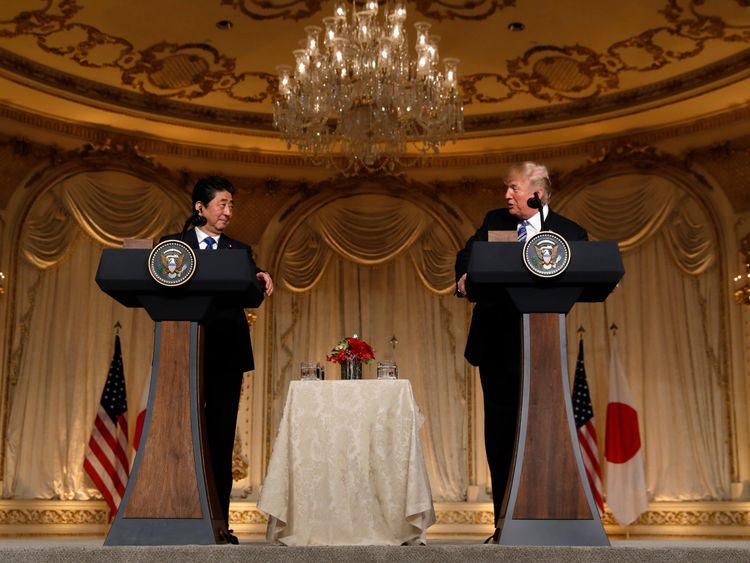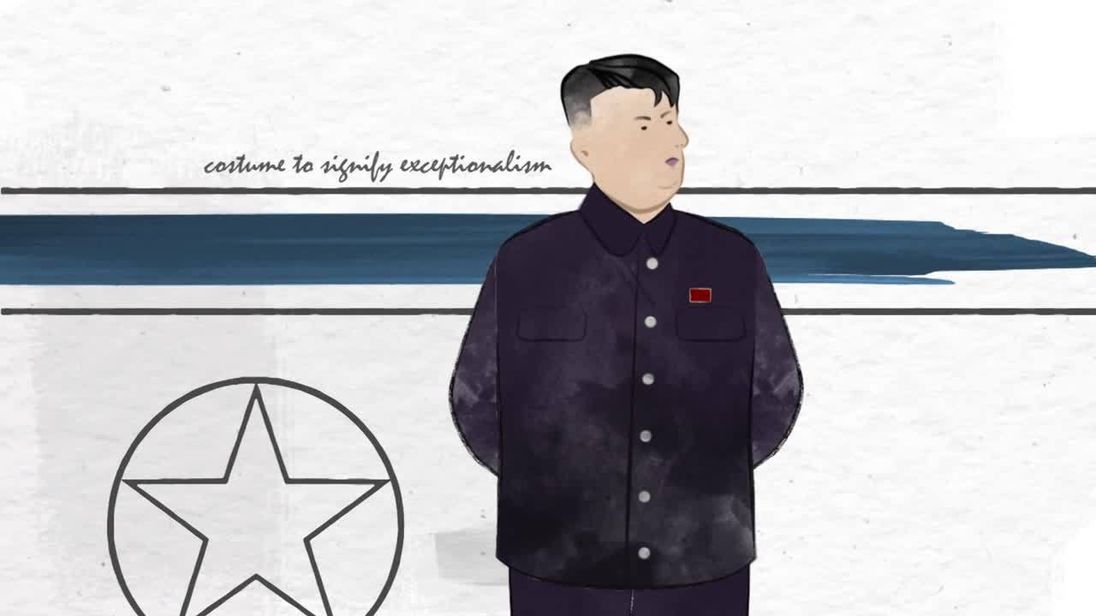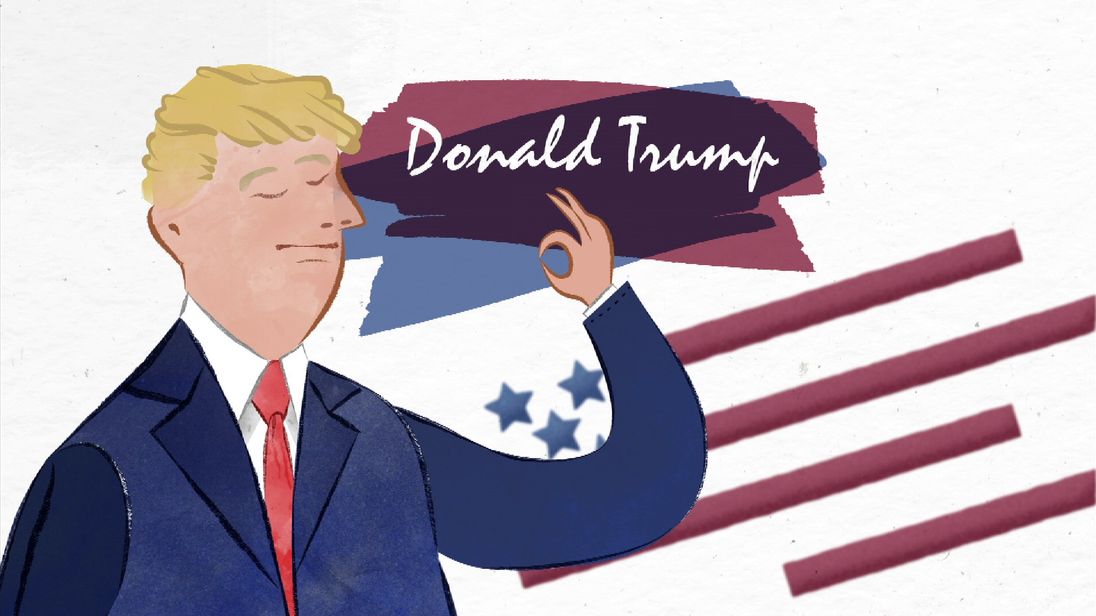Donald Trump has said he wants a successful meeting with Kim Jong Un, but warned he will call the talks off if he does not think they will produce results.
The President told reporters on Wednesday: "If I think that it's a meeting that is not going to be fruitful, we're not going to go.
"If the meeting when I'm there is not fruitful, I will respectfully leave the meeting."
Mr Trump was speaking at a news conference with Japan's Prime Minister Shinzo Abe in Florida.
He said that his campaign of "maximum pressure" on North Korea would continue until Pyongyang gave up nuclear weapons.
North Korea has continued to pursue its nuclear programme and missile tests over recent years, ignoring international condemnation and UN sanctions.
However, it has promised to stop its tests while talking with the US.

The talks, which were suggested in a surprise move by Mr Kim, are scheduled to take place in late May or early June, but the venue and exact date have not yet been confirmed.
Mr Trump has said he is also pushing for the release of three Americans being held in North Korea, saying that there was a "good chance" of success.
The news comes a day after it was revealed that Mr Trump's pick for secretary of state, Mike Pompeo, travelled to North Korea earlier this month for a secret meeting with Mr Kim.
The three prisoners were mentioned but the main purpose of the outgoing CIA director's visit was to lay groundwork for Trump-Kim talks.

Mr Trump said the meeting went "very smoothly", adding that a "good relationship was formed".
Meanwhile, South Korean President Moon Jae-in is to meet Mr Kim on 27 April to discuss a formal end to the 1950-53 Korean War.
The war ended with a truce, not a peace treaty, technically leaving the two countries at war.

A South Korean presidential official said: "As one of the plans, we are looking at a possibility of shifting the Korean Peninsula's armistice to a peace regime.
More from Donald Trump
"But that's not a matter than can be resolved between the two Koreas alone.
"It requires close consultations with other concerned nations, as well as North Korea."
Donald Trump has said he wants a successful meeting with Kim Jong Un, but warned he will call the talks off if he does not think they will produce results.
The President told reporters on Wednesday: "If I think that it's a meeting that is not going to be fruitful, we're not going to go.
"If the meeting when I'm there is not fruitful, I will respectfully leave the meeting."
Mr Trump was speaking at a news conference with Japan's Prime Minister Shinzo Abe in Florida.
He said that his campaign of "maximum pressure" on North Korea would continue until Pyongyang gave up nuclear weapons.
North Korea has continued to pursue its nuclear programme and missile tests over recent years, ignoring international condemnation and UN sanctions.
However, it has promised to stop its tests while talking with the US.

The talks, which were suggested in a surprise move by Mr Kim, are scheduled to take place in late May or early June, but the venue and exact date have not yet been confirmed.
Mr Trump has said he is also pushing for the release of three Americans being held in North Korea, saying that there was a "good chance" of success.
The news comes a day after it was revealed that Mr Trump's pick for secretary of state, Mike Pompeo, travelled to North Korea earlier this month for a secret meeting with Mr Kim.
The three prisoners were mentioned but the main purpose of the outgoing CIA director's visit was to lay groundwork for Trump-Kim talks.

Mr Trump said the meeting went "very smoothly", adding that a "good relationship was formed".
Meanwhile, South Korean President Moon Jae-in is to meet Mr Kim on 27 April to discuss a formal end to the 1950-53 Korean War.
The war ended with a truce, not a peace treaty, technically leaving the two countries at war.

A South Korean presidential official said: "As one of the plans, we are looking at a possibility of shifting the Korean Peninsula's armistice to a peace regime.
More from Donald Trump
"But that's not a matter than can be resolved between the two Koreas alone.
"It requires close consultations with other concerned nations, as well as North Korea."











